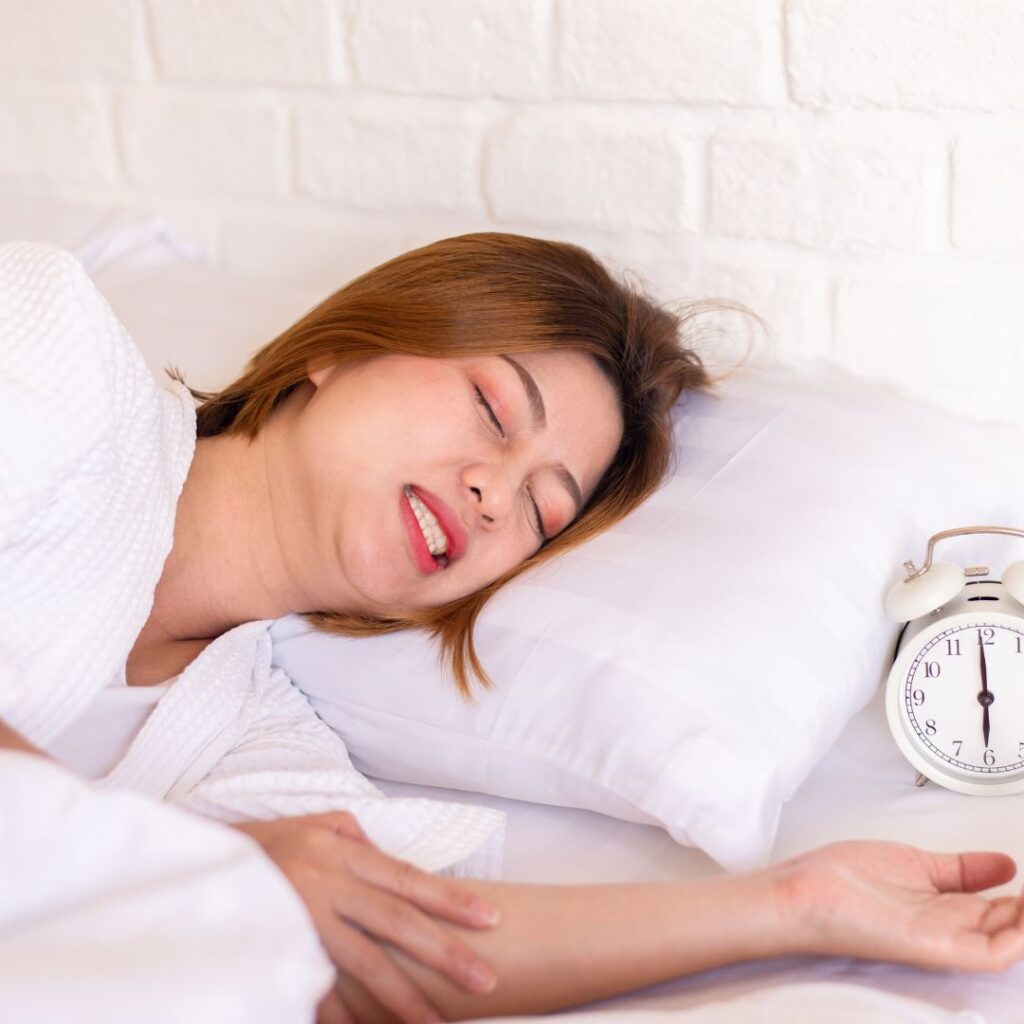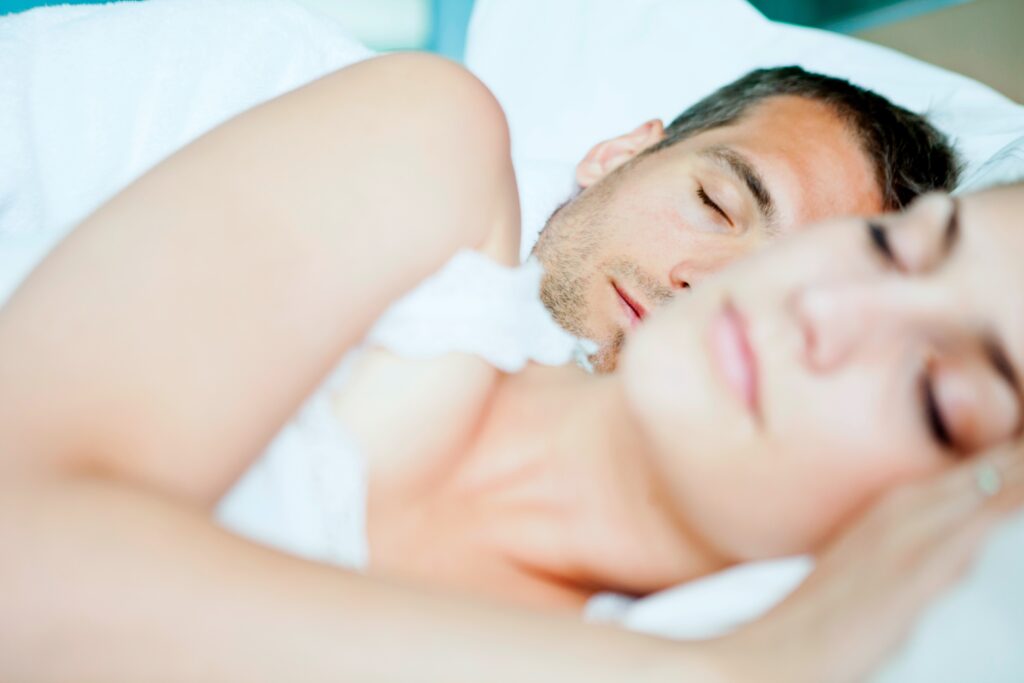Did you know your teeth and mouth can provide valuable insights into your sleep quality? As a dentist, I’ve seen firsthand how understanding the relationship between oral health and sleep health can help people identify underlying sleep problems, like sleep apnea. From there, they can seek timely intervention to improve their […]
Read More
Bruxism is a medical term used to describe a condition in which a person grinds, clinches, or gnashes their teeth. It often occurs involuntarily during sleep, known as sleep bruxism. But it can also happen while awake, known as awake bruxism. While occasional teeth grinding may not cause significant harm, […]
Read More
Daytime sleepiness and snoring are 2 of the main symptoms of obstructive sleep apnea (OSA). With OSA, the back of the throat and the tongue relax and block the airway during sleep. If you cannot get a breath, you may wake up slightly to reposition yourself and clear your airway. […]
Read More
About 80 million people in North America are snoring in their sleep, and approximately 12 million Americans have sleep apnea. So what’s the difference, and why does it matter? – Snoring Snoring is caused by the vibration of the soft palate and uvula, occurring when the airway becomes obstructed during […]
Read More
About 80 million people in North America snore, and approximately 12 million Americans have sleep apnea. Sleep apnea V.S. Snoring – So what’s the difference, and why does it matter? Snoring is caused by the vibration of the soft palate and uvula, occurring when the airway becomes obstructed during sleep. […]
Read More




